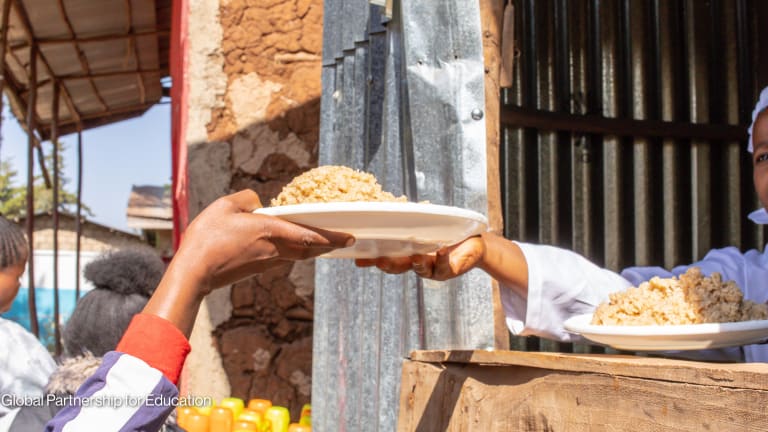The most pressing human and planetary health challenges of the 21st century revolve around the food we produce, process, distribute, sell, and consume. Strategic, tailored action plans that include robust data collection and are aggressively designed to attract private financing are now key to transforming the global food system.
By every measure, the global community is off track to meet the audacious goal of ending hunger and malnutrition by 2030. In 2021, in support of the United Nations Food Systems Summit’s secretary-general declaration, more than 100 member states committed to national action pathways that by 2030 would move the world closer to a more equitable and resilient food system. To ensure success in these commitments, the U.N. secretary-general agreed to convene a biannual stocktaking of national and global progress.
So, in late July, thousands of global state stakeholders, private sector and civil society organizations, and hunger and climate advocates gathered for the second U.N. Food Systems Summit Stocktaking, or UNFSS +2, in Rome to evaluate our collective progress to date. While the stifling Mediterranean heat wave enveloping Rome magnified the urgency around climate inaction and its ramifications for human and planetary health, the stocktaking fell woefully short on delivering concrete action toward achieving both our Sustainable Development Goals and Paris climate goals.









